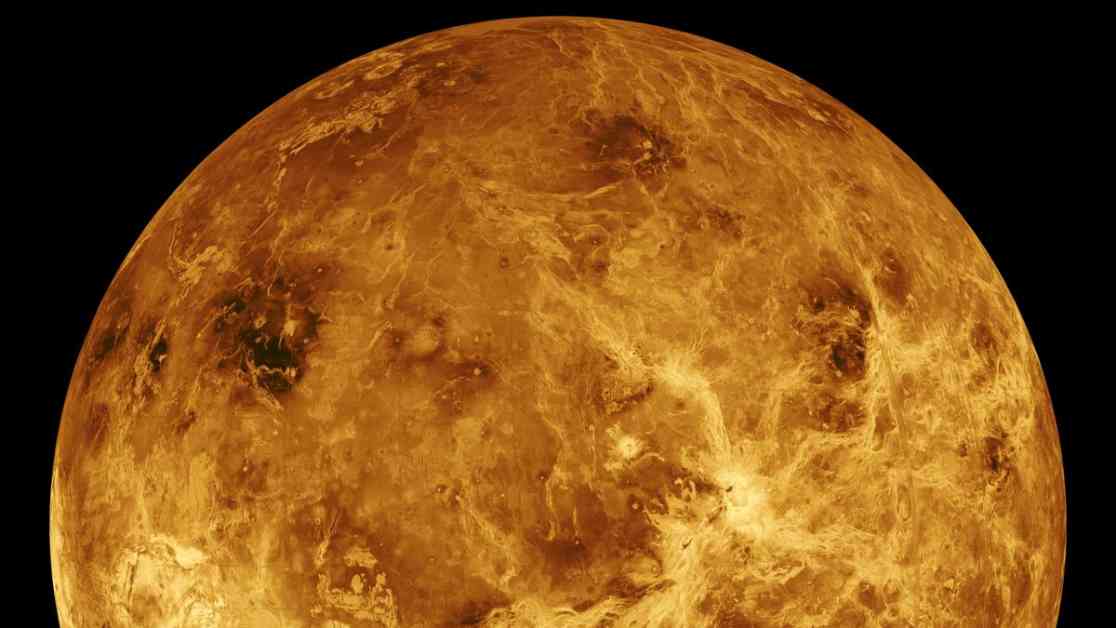Scientists Dispel the Myth of Venus’s Habitable Past
In a groundbreaking new study, scientists from the University of Cambridge have shattered the long-standing belief that Venus, Earth’s “evil twin,” could have once supported life. The team’s research, published in the prestigious journal Nature Astronomy, has profound implications not only for our understanding of Venus but also for the search for habitable exoplanets beyond our solar system.
Venus: A Hellish Planet Throughout History
Despite its similar mass and distance from the sun to Earth, Venus has long been considered a potential candidate for hosting life. However, the team’s findings suggest that Venus was never a hospitable planet and has always been a scorching hellscape with surface temperatures reaching a blistering 1,000 degrees Fahrenheit.
Unveiling Venus’s Waterless History
One of the key factors in determining a planet’s potential for habitability is the presence of liquid water. Scientists have debated two primary theories regarding Venus’s evolution over billions of years: one proposing that the planet once had water but lost it due to a runaway greenhouse effect, and the other suggesting that Venus was “born hot” and never had water at all.
The team of researchers took a different approach by analyzing Venus’s current atmospheric chemistry. By studying how rapidly water and other key compounds are destroyed in the atmosphere and replenished from the planet’s interior through volcanism, they were able to paint a clearer picture of Venus’s waterless history.
The Search for Habitable Worlds Continues
While the revelation that Venus may never have supported life is disheartening, it provides valuable insights for the search for habitable exoplanets. Understanding the factors that make a planet conducive to life is crucial for astronomers seeking to identify potentially habitable worlds beyond our solar system.
NASA’s upcoming DAVINCI mission, slated for launch in June 2029, holds the promise of shedding further light on Venus’s enigmatic past. By dropping a probe through the planet’s atmosphere and collecting vital data, scientists hope to uncover more clues about Venus’s history and its implications for the search for extraterrestrial life.
In conclusion, while Venus may not have been the Earth-like twin we once imagined, the quest for habitable worlds in the cosmos continues. By studying diverse planets like Venus, astronomers are paving the way for future discoveries that could revolutionize our understanding of the universe and our place within it.




